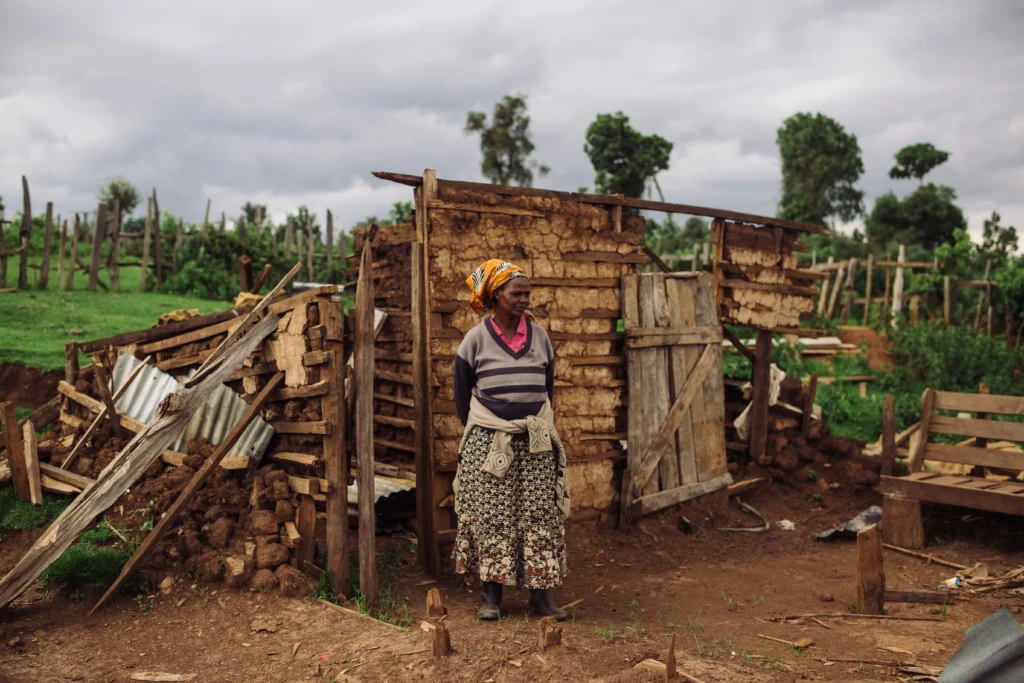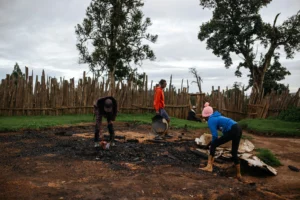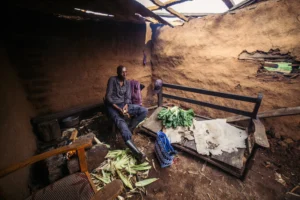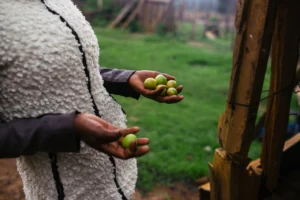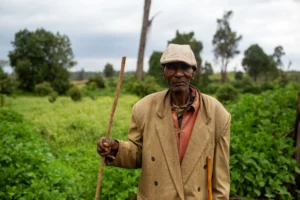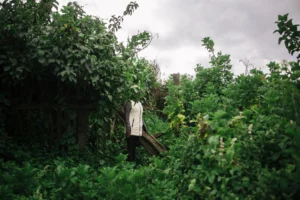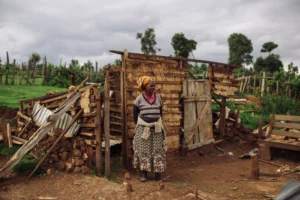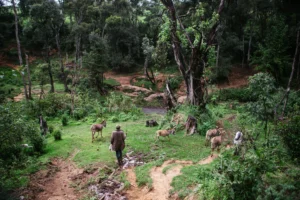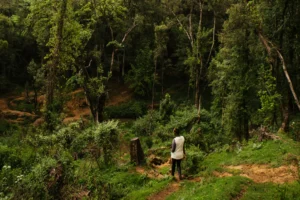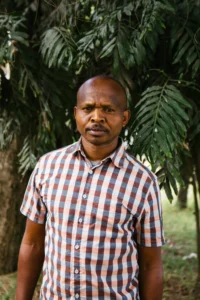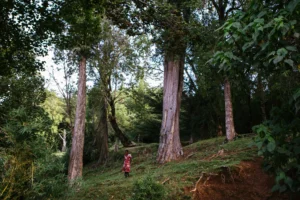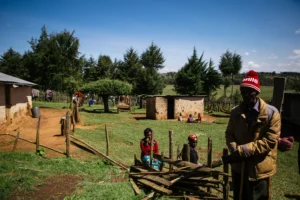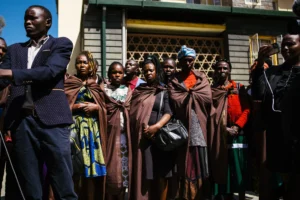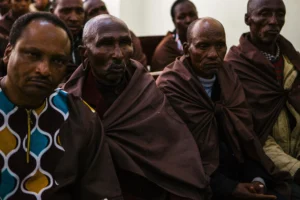William Ruto, Kenya’s fifth and current president, continues building an international reputation as a pan-African and climate leader after winning the 2022 August election and being featured as one of TIME100’s Climate leaders. At COP27, he signed Kenya on as a member of the African Carbon Markets Initiative (ACMI), along with 6 other African nations. Hundreds of millions of dollars in investments have been pledged by private firms such as Climate Asset Management and nations alike (e.g. UAE, $450 million; England, $62 million; a $65 million debt swap by Germany with Kenya), catalysing an uptick in voluntary carbon markets in the East African nation.
There’s rising concern about how foreign stakes will not only impact the carbon offset trade but also influence rights of access to Kenyan land––are forests, the focus of most carbon markets, earmarked for Indigenous communities or foreign investors? Over recent years, it has become trendy––practically expected for corporations to target ‘net-zero’ emissions by 2050. Yet due diligence on the quality of carbon trading projects remains a significant challenge. According to Reuters, Saudi Arabian companies (e.g. Aramco, Saudi Electricity Company) bought more than 2.2 million tonnes of carbon credits back in June––an unprecedented sale. Kenya contributes less than 1% of annual global emissions.
Beyond concerns of selling off ancestral land to Middle Eastern sheikhs, there’s also the question of whether carbon trading is all smoke and mirrors, a diversion from addressing the root causes of the climate crisis and instead, monetising environmental issues. It’s much harder to change ways of doing business to cut down emissions, and easier to instead offload the responsibility onto poorer ‘Global South’ countries with lax land protection enforcement. Companies are critiqued for using the voluntary carbon market to meet superficial environmental targets rather than cleaning up their operations. The cost is generally borne by low-footprint developing countries, via practices that infringe upon the rights of local communities.
Since the ACMI is so new––it was only established in 2022––there are issues surrounding its lack of regulation. The focus is on voluntary carbon markets rather than ‘compliance’ markets (only South Africa currently deals with trade in carbon credits made from the need to comply with regulations) since the ACMI decided that growing voluntary markets would be the fastest way to facilitate funding movement from the Global North to the African continent.
Ruto insists that Kenyan land––specifically, 60,000 hectares of the Mau Forest––hasn’t been sold off to foreign investors and that the government is working to implement new carbon trading regulations to uphold integrity in the carbon space.
In October 2023, the Kenyan government signed a deal with Blue Carbon, a company based in Dubai, that allocates millions of hectares of land for carbon credit production. Ruto enacted a Climate Change Act in September 2023 that required environmental impact assessments for all carbon credit projects, registration with the National Carbon Registry, and the requirement to enter into ‘community development agreements’ for all land-based projects.
Leonard Mindore is the executive director of PROHOME (Program for the Heritage of Ogiek and Mother Earth), a grassroots conservation organisation advocating for Ogiek rights and ownership of their ancestral Mau Forest. “I see all these evictions as directly related to the carbon trade project,” he says. “KFS has said that after these evictions, they will fence off the entire Mau forest. They’re trying to entice and appease the [foreign] donors to show their seriousness of safeguarding the forest, without any regard for Indigenous people.”
